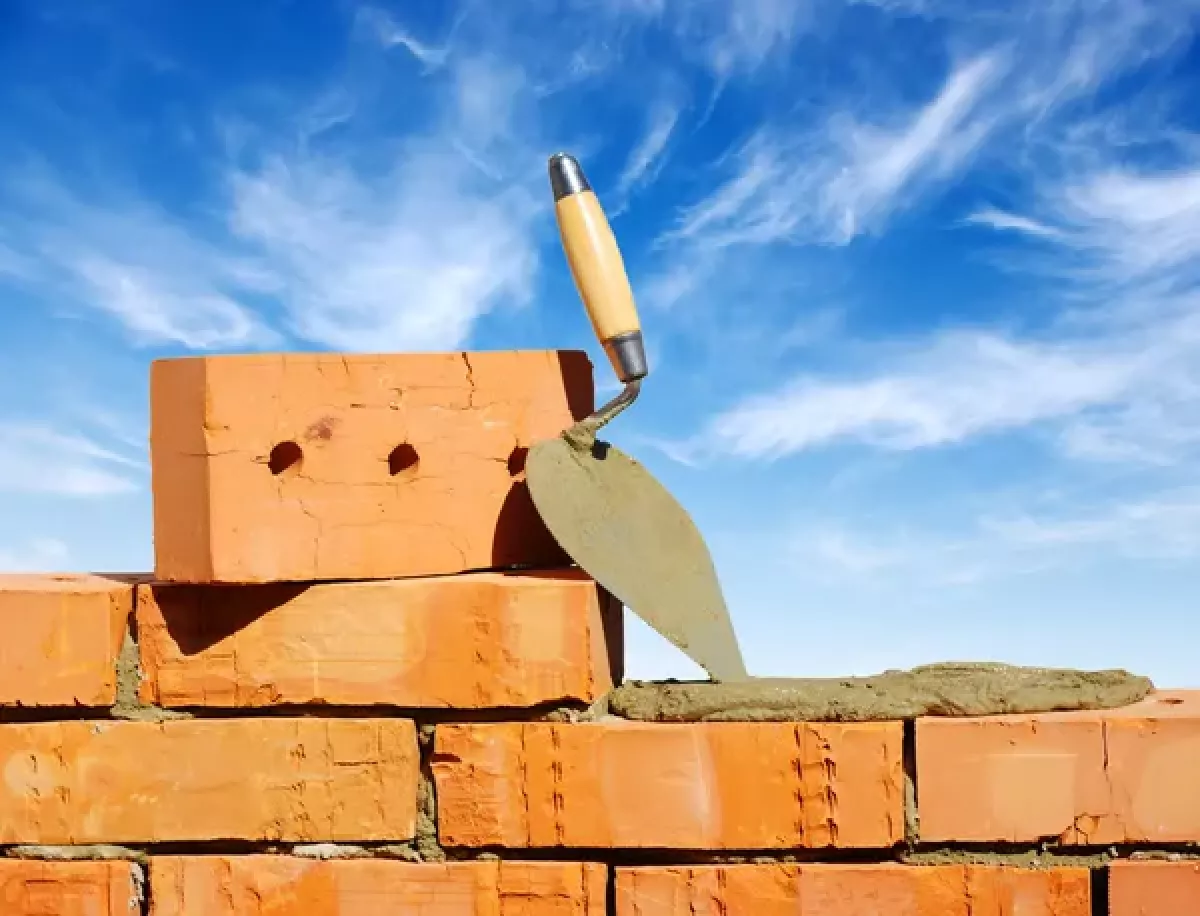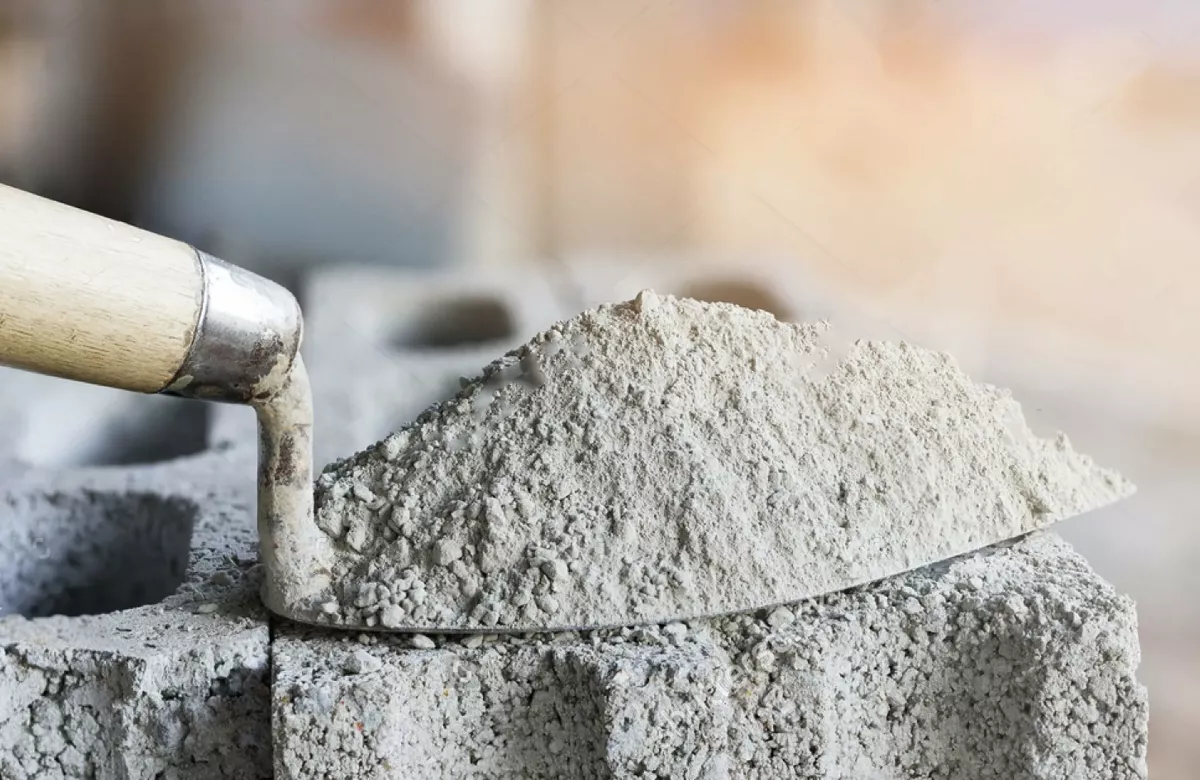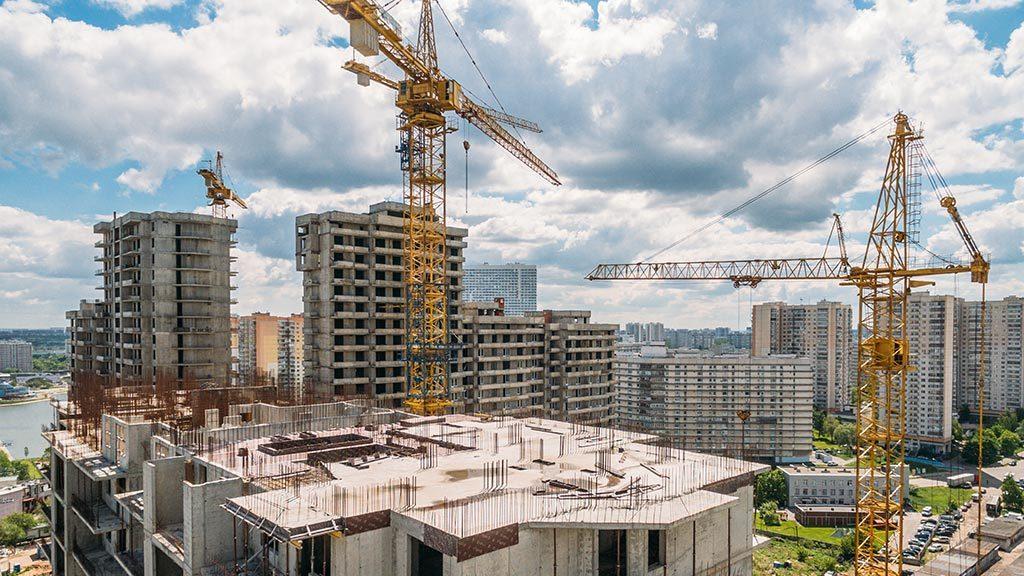Azerbaijan strengthens construction materials production Focus on import substitution amid rising prices
The construction materials industry has long been a cornerstone of Azerbaijan's non-oil economy, consistently showing robust growth in recent years. In the first eleven months of this year, production in the sector is nearing a record 1.3 billion manats ($764 million). A major driving force behind this growth is the large-scale infrastructure and urban development projects aimed at rebuilding the territories liberated from occupation in Karabakh and Eastern Zangezur.
Additionally, the significant rise in prices for imported construction materials over the past three years has spurred efforts toward import substitution. As a result, Azerbaijan has made considerable strides in increasing exports in several key product categories.
Four years ago, almost immediately after the liberation of Azerbaijani territories, a massive construction project was launched in the Karabakh region. At the same time, work was underway on more than 2,200 kilometres of roads, the restoration of energy and utility infrastructure, the construction of airports, residential, social, and administrative buildings, as well as the establishment of the first industrial clusters in Aghdam, Jabrayil, Zangilan, Fuzuli, and other areas. According to several international experts, the scale of this monumental construction effort is unprecedented since the end of World War II, when European countries, Japan, and the Soviet Union worked to rebuild cities and industries that had been destroyed to the ground.
To grasp the scale of the work, the funds allocated for the reconstruction of the Karabakh region since the end of the 44-day war, and those planned to be spent by the end of this year, are estimated at 19 billion manats ($11.1 billion). Additionally, another 4 billion manats ($2.3 billion), or 10.1% of Azerbaijan’s state budget expenditures, are earmarked for 2025. As a result, this colossal construction project has been providing employment for dozens of domestic construction companies, as well as contractors, design firms, consulting agencies, and transport companies for the past four years. Most importantly, it has spurred the growth of basic construction materials production due to the increased state orders.

According to data from the State Statistical Committee, from January to November 2024, the production of construction materials in Azerbaijan amounted to over 1.29 billion manats ($758 million), marking a 15.6% increase compared to the same period last year. Moreover, 2023 was also a landmark year for the construction materials sector, with production in monetary terms exceeding 1.18 billion manats ($694 million), a 31.8% increase. As a result, the past two years have seen the sector set absolute records since Azerbaijan gained independence.
Specifically, in the first eleven months of this year, the highest growth was seen in the production of cement and concrete bricks, which grew by 51.3%; concrete by 29.5%; concrete construction products by 28.8%; construction gypsum by 18.5%; and construction glass by 13.8%. Positive growth was also observed in the production of cement, the primary construction material, with 3.42 million tons produced from January to October 2024, an 11.2% increase. Even greater growth—18.2%—was recorded in the production of clinker, a key raw material for cement.
Azerbaijan’s cement industry is the most advanced in the South Caucasus. The total designed capacity of the country’s four major cement plants, which operate on a full-cycle basis—from clinker production to final products—enables the annual production of over 5.1 million tons of cement. Due to a decline in capital and residential construction from 2015 to 2018, as well as the pandemic crisis in 2020, the market demand for cement was, on average, more than twice as low as the industry's projected production capacity. However, over the past three years, the domestic cement industry has been operating at an optimal level, supported by orders in Karabakh and demand from external markets.
Cement production is one of the most energy-intensive industries, and with the onset of the Russia-Ukraine war in February 2022 and the subsequent sanctions, several countries had to halt their cement production facilities due to the sharp rise in gas and fuel oil prices. As a result, cement prices have noticeably increased. These circumstances have significantly enhanced the competitiveness of Azerbaijan’s cement exports. In fact, by 2022, Azerbaijan doubled its cement exports to Georgia, and in the following years, it expanded both the volume and geographic reach of its exports. A promising market for local cement products is Central Asia, where the construction market is showing signs of recovery. As a result, cement exports have become a key component for local companies. According to the State Customs Committee (SCC), over the first ten months of this year, domestic plants exported more than 695,600 tons of cement worth $43.1 million, reflecting a 5.8% increase in export value.

The geopolitical conflicts across the vast Eurasian space, the energy crisis, and the factor of imported inflation have significantly driven up the prices of nearly all types of imported construction materials, raw materials, and components for their production, which come to Azerbaijan from Europe, CIS countries, and Türkiye.
"Price increases and other factors caused by sanctions-related tensions are affecting Azerbaijan's construction market," recently noted Ramiz Isayev, head of the Azerbaijan Association of Construction Materials Producers. "Russia is a major supplier of metal products and timber to Azerbaijan, so any price hikes or logistical problems in the neighbouring country have a direct impact on the local market."
According to Isayev, Turkish products, including plumbing, rubber, plastic pipes, doors and windows, tiles, wallpaper, and other materials, also hold a significant share of the local market. Turkish goods have notably become more expensive in recent years due to global inflationary pressures and the devaluation of the Turkish lira. Price increases have also been observed in the import of construction materials from Kazakhstan, South Korea, and China.
The share of imported construction materials, which are actively used by the local construction industry, remains very high. Furthermore, local producers rely on the supply of raw materials and components for the production of paints, ready-made mixtures, adhesives, sealants, drywall, and other products. As a result, from 2022 to 2024, the price of local products in these segments increased by a quarter or more.
An optimal solution to the challenges posed by rising import costs seems to be expanding the localization of construction material production within Azerbaijan's industrial clusters. This would reduce production costs as well as the significantly increased transportation expenses.

“There are favourable conditions in the Karabakh region of Azerbaijan for establishing quarries for the production of construction materials, which in turn will help lower prices in the domestic market,” said Isayev. “Given the demand, the Association is conducting an examination and monitoring of mineral deposits in Karabakh and Eastern Zangezur, and organizing auctions. To date, quarries for construction limestone have already been put into operation in Aghdam, Khojaly, Kalbajar, Fuzuli, Gubadli, and Lachin regions.”
According to Isayev, establishing construction material production in the liberated territories will reduce price pressures on the national market. Moreover, it is crucial to cut down on the "delivery distance," as it will significantly lower transportation costs for delivering raw materials and products to numerous construction sites in the Karabakh region.
In this regard, Azerbaijan has made significant progress this year. For example, the Aghdam Industrial Park will soon begin the production of construction pipes, metal products, facade plaster, insulation materials, wallpaper, reinforced concrete structures, and roofing materials. Recently, the Mister Decor LLC plant, which will produce 2.1 million rolls of wallpaper annually, was launched in the Aghdam industrial zone. Another company, Prof-Dam LLC, specializing in the production of profiled sheets, metal roofing tiles, sandwich panels, and other materials for roofing and facade cladding, has also started operations there.
Meanwhile, in the Araz Valley Economic Zone, Karabakh Stone will launch the production of decorative stone (tiled slabs) and sidewalk curbs in 2025. Additionally, a plant for the production of fibre-reinforced concrete and polystyrene concrete blocks will be established in the Jabrayil district industrial zone.








